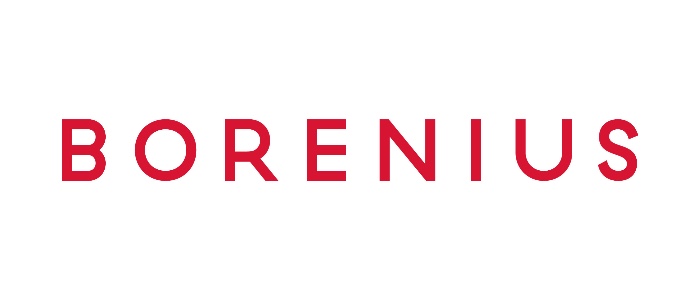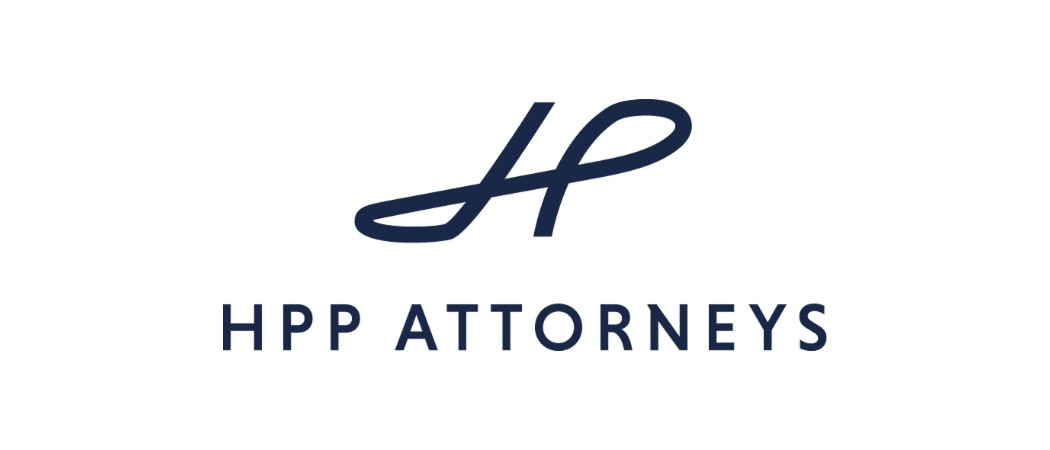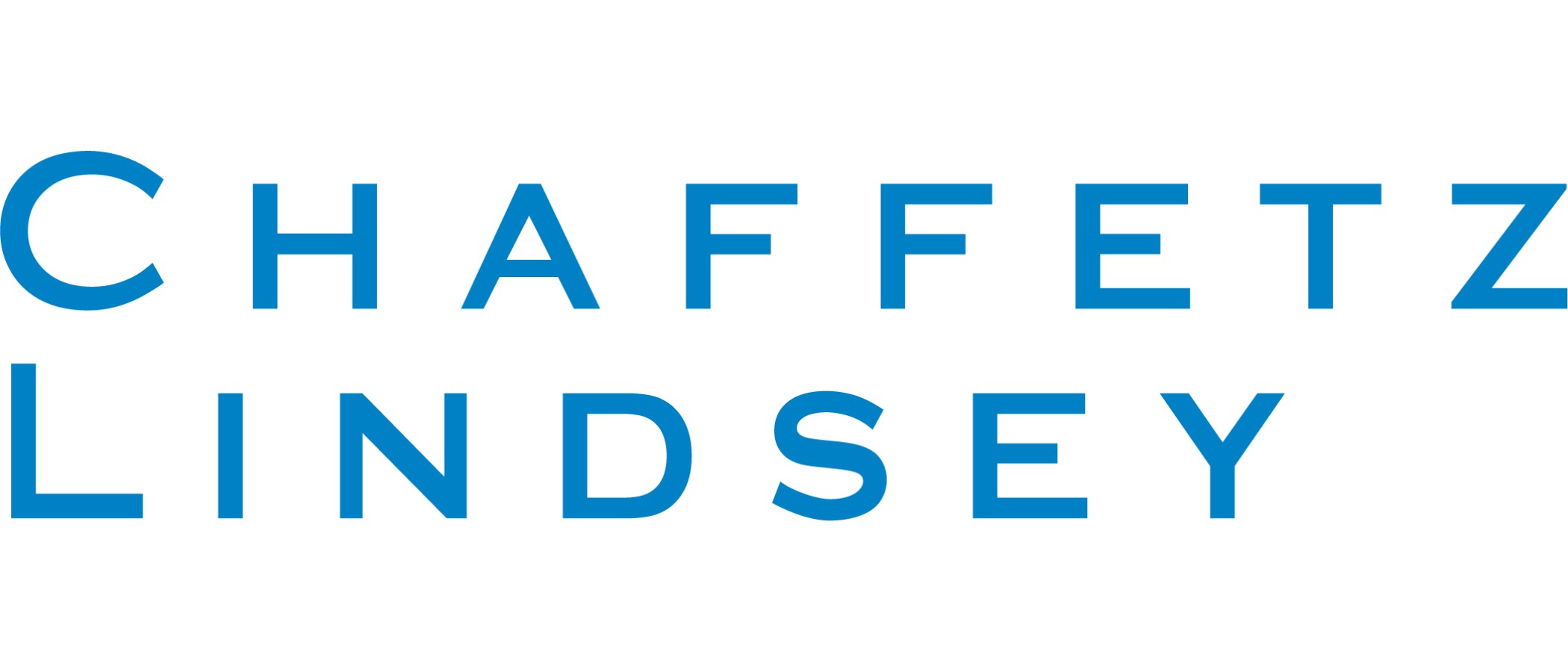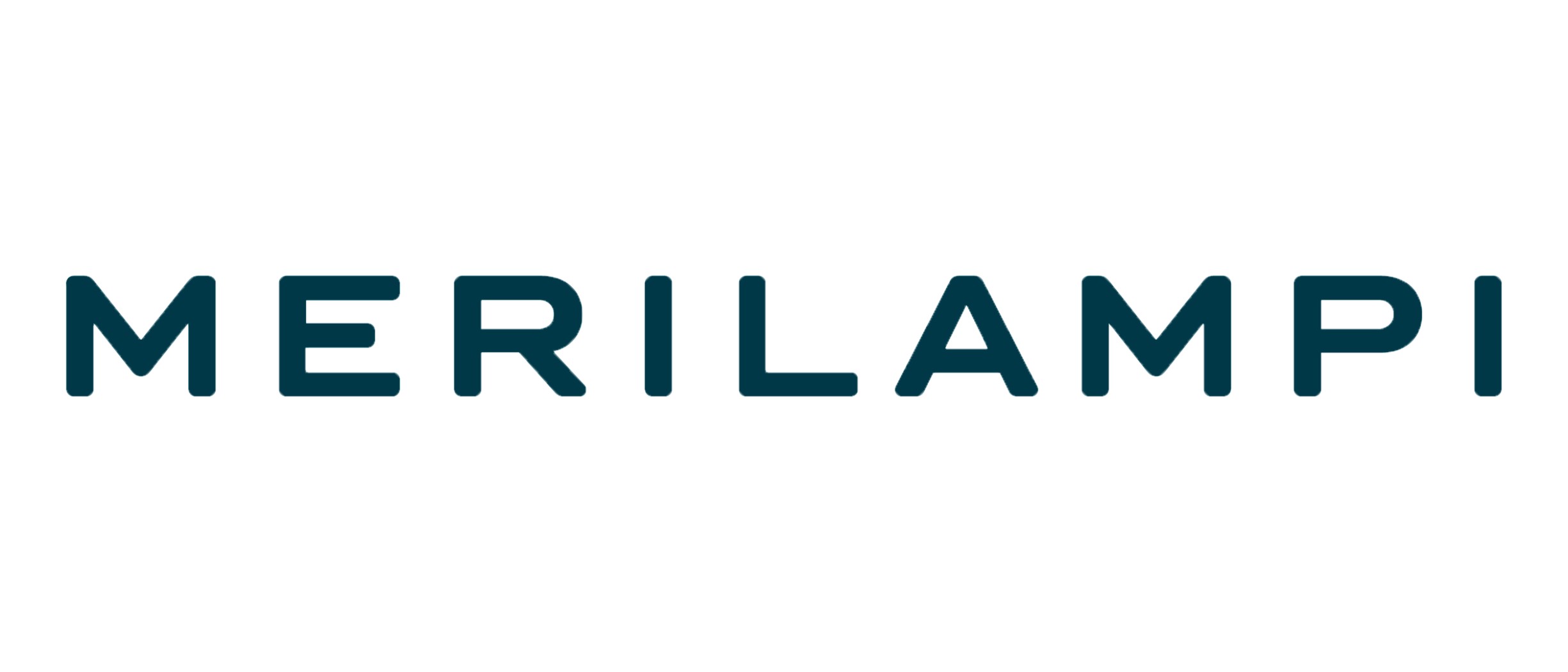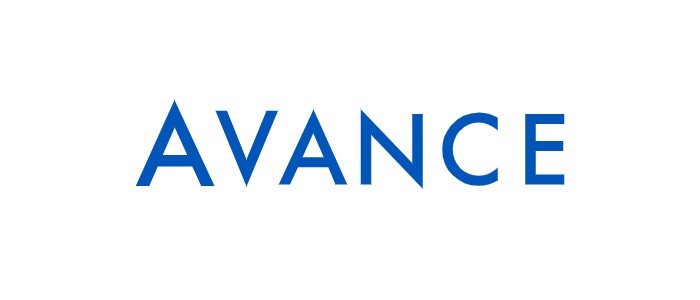
Navigating the legal crossroads between consensus and the greater good // 16th Annual International Arbitration Conference // Annual Labour and Immigration Law Conference // Annual Insolvency Conference
Helsinki, Finland
25 June 2026 - 27 June 2026
Annual International Arbitration Conference - Limits and obstacles to arbitration
Thursday 25 June 2026 | |
| 18:00 » 20:00 | Welcome Reception at Clarion Hotel Helsinki Skyroom The welcome reception will take place at Clarion Hotel Helsinki. |
| 20:30 | Optional Dinners Select and register for the restaurant of your choice (the registration link will be shared closer to the event via email). Dinner groups will gather and leave together from the welcome reception. |
| 22:00 | Afterparty at Kaarle XII The afterparty will take place at Kaarle XII. |
Friday 26 June 2026 | |
| 08:45 » 09:15 | Welcome Address by the AIJA President, the Commission Officers and the Organising Committee |
| 09:15 » 10:30 | Panel 1: Of course, arbitration – or not? The potential risks and pitfalls of agreeing on arbitration This session will focus on the factors a party should take into account when opting for arbitration, including examining which issues can and cannot – or should or should not – be arbitrated. The panelists will also discuss which issues may be brought before the courts, notwithstanding an arbitration agreement, and situations where a party may successfully argue that the party is not bound by the arbitration agreement. The discussion aims to provide a comprehensive understanding of the potential benefits and pitfalls of arbitration. We will hear interesting insights from different jurisdictions as to when (and why) the panelists would (or would not) advise their clients to subject their disputes to arbitration and highlight the situations when parties may end up trying their cases before the courts, even if arbitration has been agreed upon. |
| 10:30 » 11:00 | Coffee Break |
| 11:00 » 12:00 | Panel 2: Know what you are claiming and why it matters – Objections to the jurisdiction of arbitral tribunals and to the admissibility of the claim Is a claim inadmissible, or does the arbitrator simply lack jurisdiction? Does it matter? This session will examine when procedural objections should be regarded as admissibility issues and when they should be regarded as jurisdictional issues. The panelists will also discuss why (and when) this distinction matters, as well as, as a practical matter, what an arbitral tribunal can or should do when it finds that it lacks jurisdiction or that a claim is inadmissible. The purpose of the session is to highlight the relevance of the division between jurisdiction and admissibility and to provide some useful guidelines as to how one may best formulate one’s procedural claims. |
| 12:00 » 13:00 | Panel 3: Boundaries of arbitral authority: Addressing prejudicial issues and jurisdictional limitations How do arbitral tribunals deal with situations in which parties assert that parallel proceedings address matters that could materially impact the progress or outcome of the pending arbitration? For instance, what if there are concurrent proceedings in multiple jurisdictions involving the same contractual relationship? What if the outcome of related (pending) criminal proceedings is important to the case? This session will dive into the powers of an arbitral tribunal, specifically with regard to handling the situation in which external proceedings address prejudicial issues that should be resolved before the arbitration can properly proceed. Often, national legislation does not provide much guidance on this issue, leaving it up to the arbitrators to navigate the thorny question. The speakers will share their thoughts on how best to handle this scenario with a view to continuously ensuring the progression of the arbitration case. Furthermore, the session will involve discussion on the potential effects, which decisions from other forums might have on arbitration proceedings. |
| 13:00 » 14:15 | Lunch |
| 14:15 » 15:15 | Panel 4: The award strikes back: When a final arbitral award is not final Commercial parties often cite arbitration as an attractive forum to resolve disputes because of the finality and limited appeal of arbitral awards. There are nonetheless means to challenge an award, and unhappy parties are increasingly finding new (and creative) ways to undermine the sought-after finality. This session will closely examine the conditions under which arbitral awards may be set aside. The speakers will aim to identify the primary focus areas for those seeking to have an award set aside, including the criteria typically evaluated by national courts on such applications. Additionally, the discussion will address how parties that have chosen arbitration can ensure that their awards are not subsequently challenged and are effectively enforced. |
| 15:15 » 15:45 | Coffee Break |
| 15:45 » 17:00 | Panel 5: What’s up for grabs? The division between arbitration and litigation now and in the future Arbitration has been on the rise for several years. This trend is partly due to significant backlogs in national courts in many jurisdictions worldwide, making it very time-consuming to process cases in that forum. This session will examine the prospects of arbitration, including whether parties in specific sectors (in which arbitration has previously not been the preferred way to settle disputes) and even private individuals will likely be more willing to subject their disputes to arbitration. The panelists will share their insights as to how they see the future of arbitration – not only in competition with national courts but also with regard to other sorts of alternative ways of resolving disputes, including mediation and any emerging new private dispute resolution mechanisms. |
| 17:00 » 17:30 | Commission Meeting |
| 20:00 » 02:00 | Conference Dinner & Afterparty at Restaurant Sipuli Enjoy the evening with dinner and afterparty at Restaurant Sipuli. |
Saturday 27 June 2026 | |
| 10:00 » 11:15 | Joint Session 1: Distressed M&A: Transferring Employees in Business Sales from Insolvency Focus on the tension between asset deals, workforce protection, and buyer’s need for flexibility — with practical case studies. The role of arbitration in resolving disputes around transfer of undertakings or post-closing employee-related claims will also be touched upon. |
| 11:15 » 11:45 | Coffee Break |
| 11:45 » 13:00 | Joint Session 2: Arbitrability of claims in the context of labour and insolvency law This session will examine how claims related to labour and insolvency law can be subjected to arbitration and under what conditions arbitration agreements may bind entities other than the parties involved in such disputes (e.g., the insolvency estate). The speakers will further explore the question of whether the scope of arbitrable matters in labour and insolvency contexts should be expanded or restricted, taking into account the delicate balance between party autonomy, systemic efficiency, and the protection of vulnerable stakeholders. |
| 13:00 » 14:15 | Lunch |
| 15:00 » 18:00 | Optional Activity: Sauna and Swimming at Löyly Enjoy a relaxing moment at Löyly Helsinki. Please bring your swimsuit with you. Towels, soap, and shampoo will be provided. There are separate changing rooms with lockers for men and women.It is a sauna where swimwear is required. |
| 20:00 | Home Hospitality Dinner At local lawyers’ homes. You will receive information about your host and their address closer to the event via email. |
| 23:00 | Post Home Hospitality Afterparty |
Annual Labour and Immigration Law Conference - Latest trends in employment and immigration
Thursday 25 June 2026 | |
| 18:00 » 20:00 | Welcome Reception at Clarion Hotel Helsinki Skyroom The welcome reception will take place at Clarion Hotel Helsinki. |
| 20:30 | Optional Dinners Select and register for the restaurant of your choice (the registration link will be shared closer to the event via email). Dinner groups will gather and leave together from the welcome reception. |
| 22:00 | Afterparty at Kaarle XII The afterparty will take place at Kaarle XII. |
Friday 26 June 2026 | |
| 08:45 » 09:15 | Welcome Address by the AIJA President, the Commission Officers and the Organising Committee |
| 09:15 » 10:30 | Panel 1: AI in the Workplace: Balancing Legal Risks, Opportunities, and Boundaries Artificial Intelligence (AI) is reshaping the workplace, not only through its use in HR management but also in how employees use AI tools to enhance productivity and innovation. While AI offers significant opportunities for efficiency and growth, it also raises critical legal questions about the rights of employers and employees, as well as the risks and boundaries associated with its use. This session will explore the dual dimensions of AI in the workplace: its use by employers in HR management (e.g., recruitment, performance monitoring, and decision-making) and by employees in their day-to-day tasks. |
| 10:30 » 11:00 | Coffee Break |
| 11:00 » 12:00 | Panel 2: Breaking the Silence: Tackling Sexual Harassment in Global Employment Structures In today’s interconnected global workplaces, sexual harassment presents new challenges for employers, which have created additional ways for misconduct alongside traditional workplace settings. Addressing such harassment may require navigating a complex web of legal systems, cultural differences, and corporate policies. The session will focus on the interplay between jurisdictional nuances, international labour standards and cultural and ethical standards. It will also address the role of internal reporting channels and corporate compliance policies in preventing and managing sexual harassment cases. The session will provide valuable insights into how to approach such cases with legal precision and cultural awareness. |
| 12:00 » 13:00 | Panel 3: Drawing the Line: Distinguishing Sickness from Disability The distinction between sickness and disability is more than just a legal technicality – it directly impacts employees’ rights, employer obligations, and the design of (inclusive) workplace policies. This panel will explore how employers worldwide have to deal with evolving definitions and obligations, to understand whether and when a health condition still is a (temporary) illness or transitioned to a recognized disability. This session will provide insights on how different legal systems define and address this divide and present pertinent case law and best practices to handle respectively prevent potential issues. |
| 13:00 » 14:15 | Lunch |
| 14:15 » 15:15 | Panel 4: Workforce Without Borders: Immigration and Employment Law Challenges for Global Employers |
| 15:15 » 15:45 | Coffee Break |
| 15:45 » 17:00 | Panel 5: From Crisis to Consensus: Mastering Workplace Crises When workplace crises strike — whether due to economic turbulence, organizational restructuring, or unforeseen disruptions — employers face the dual challenge of acting swiftly while respecting legal obligations, particularly those relating to employee representation rights. This session dives into the art and science of managing employment crises, with a focus on the co-determination rights of works councils and unions. It will explore how legal frameworks, strategic negotiations, and collaborative solutions can transform moments of tension into opportunities for sustainable outcomes. |
| 17:00 » 17:30 | Commission Meeting |
| 20:00 » 02:00 | Conference Dinner & Afterparty at Restaurant Sipuli Enjoy the evening with dinner and afterparty at Restaurant Sipuli. |
Saturday 27 June 2026 | |
| 10:00 » 11:15 | Joint Session 1: Distressed M&A: Transferring Employees in Business Sales from Insolvency Focus on the tension between asset deals, workforce protection, and buyer’s need for flexibility — with practical case studies. The role of arbitration in resolving disputes around transfer of undertakings or post-closing employee-related claims will also be touched upon. |
| 11:15 » 11:45 | Coffee Break |
| 11:45 » 13:00 | Joint Session 2: Arbitrability of claims in the context of labour and insolvency law This session will examine how claims related to labour and insolvency law can be subjected to arbitration and under what conditions arbitration agreements may bind entities other than the parties involved in such disputes (e.g., the insolvency estate). The speakers will further explore the question of whether the scope of arbitrable matters in labour and insolvency contexts should be expanded or restricted, taking into account the delicate balance between party autonomy, systemic efficiency, and the protection of vulnerable stakeholders. |
| 13:00 » 14:15 | Lunch |
| 15:00 » 18:00 | Optional Activity: Sauna and Swimming at Löyly Enjoy a relaxing moment at Löyly Helsinki. Please bring your swimsuit with you. Towels, soap, and shampoo will be provided. There are separate changing rooms with lockers for men and women.It is a sauna where swimwear is required. |
| 20:00 | Home Hospitality Dinner At local lawyers’ homes. You will receive information about your host and their address closer to the event via email. |
| 23:00 | Post Home Hospitality Afterparty |
Annual Insolvency Conference - Developments and trends shaping the future of insolvency and corporate rehabilitation
Thursday 25 June 2026 | |
| 18:00 » 20:00 | Welcome Reception at Clarion Hotel Helsinki Skyroom The welcome reception will take place at Clarion Hotel Helsinki. |
| 20:30 | Optional Dinners Select and register for the restaurant of your choice (the registration link will be shared closer to the event via email). Dinner groups will gather and leave together from the welcome reception. |
| 22:00 | Afterparty at Kaarle XII The afterparty will take place at Kaarle XII. |
Friday 26 June 2026 | |
| 08:45 » 09:15 | Welcome Address by the AIJA President, the Commission Officers and the Organising Committee |
| 09:15 » 10:30 | Panel 1: The New Architecture of Corporate Rescue: Global Shifts and Legal Innovation We plan to start with a keynote by a policymaker or reform advocate, followed by either a fireside chat or a panel with insolvency practitioners/lawyers. The final format will depend on the speaker applications, If we receive enough interest from speakers, we will organize a keynote followed by a panel, if not, we will opt for a fireside chat format with one or two speakers after the keynote. This session explores the evolving landscape of corporate restructuring and insolvency law in an era defined by global economic shifts, rising complexity in cross-border operations, and the urgent demand for more agile and effective legal tools. At its core, it examines how jurisdictions around the world are rethinking the architecture of corporate rescue — moving beyond traditional insolvency frameworks toward innovative, forward-looking solutions.
This foundational conversation sets the tone for a critical examination of where corporate rescue law is headed — not just as a response to crisis, but as a tool for long-term economic resilience and strategic business transformation. |
| 10:30 » 11:00 | Coffee Break |
| 11:00 » 12:00 | Panel 2 European Harmonization: From Directive to Domestic Law: Implementing the EU Proposal on Insolvency Harmonization We would like to intentionally focus on Europe here and build a connected storyline leading into the next session.
|
| 12:00 » 13:00 | Panel 3: International Perspectives: New Insolvency Tools and Frameworks in a Global Context: Trends from the US, UK, and Asia-Pacific Insights from global experts on recent legal and practical developments. This session builds on Session 2 by expanding the comparative discussion beyond the EU. To ensure thematic and structural coherence, we propose having one session coordinator for both Sessions 2 and 3. This session examines the evolving landscape of insolvency and restructuring law across key international (non EU) jurisdictions, offering a comparative lens on how different legal systems are responding to the demands of modern corporate rescue. It focuses on recent statutory reforms, emerging procedural innovations, and jurisdiction-specific tools designed to improve the speed, accessibility, and cross-border functionality of insolvency regimes. Building on previous discussions of European developments, the session expands outward to highlight key developments from the United States, the United Kingdom, and select Asia-Pacific jurisdictions such as Singapore, Australia, and Japan, depending on the speakers we get. It explores how these systems are approaching common challenges — from balancing creditor rights with corporate rehabilitation, to fostering out-of-court solutions and enhancing cross-border coordination. Topics may include:
The session also provides insight into how global reform efforts reflect differing policy priorities and economic conditions, while still revealing areas of convergence — particularly in the emphasis on early intervention, creditor engagement, and legal predictability. Through this comparative approach, participants will gain a broader understanding of how insolvency frameworks are being reimagined worldwide, and what lessons may be transferable across jurisdictions. |
| 13:00 » 14:15 | Lunch |
| 14:15 » 15:15 | Panel 4: Rescue in Practice: Pre-Pack in Action A group-based simulation of a restructuring case, walking through the process of preparing a pre-pack in different jurisdictions. The idea is to include EU and non-EU speakers—some from jurisdictions where pre-pack frameworks are already in place, and potentially one from a jurisdiction where such tools are still being introduced or even not envisaged. This hands-on session offers a practical deep dive into the mechanics of pre-packaged restructurings through a structured, group-based case simulation. Participants will work through the key stages of a pre-pack transaction, engaging with the legal, financial, and procedural dimensions involved in preparing and executing a restructuring plan under time-sensitive conditions. Using a fictional but realistic cross-border case scenario, the session walks participants through:
This interactive format is designed to foster peer learning, bridge theory and practice, and expose participants to the real-world dynamics and strategic decisions that define successful pre-pack restructurings across different legal systems. |
| 15:15 » 15:45 | Coffee Break |
| 15:45 » 17:00 | Panel 5: The Future of Insolvency Law: Digital Assets, ESG and AI on the Horizon A discussion on emerging influences shaping insolvency law. Depending on the final speaker lineup, this could either be a regulatory-focused outlook—highlighting what’s next and where harmonization efforts currently fall short—or a trend-driven discussion exploring the regulation of digital assets, integration of ESG factors into restructuring, and the use of AI for predictive analytics and claims management. This forward-looking session explores the transformative forces poised to redefine insolvency law and practice in the coming decade. As technology, sustainability, and regulatory complexity reshape the economic landscape, insolvency frameworks must evolve to address new types of risk, value, and accountability. The discussion will center on three major thematic pillars:
|
| 17:00 » 17:30 | Commission Meeting |
| 20:00 » 02:00 | Conference Dinner & Afterparty at Restaurant Sipuli Enjoy the evening with dinner and afterparty at Restaurant Sipuli. |
Saturday 27 June 2026 | |
| 10:00 » 11:15 | Joint Session 1: Distressed M&A: Transferring Employees in Business Sales from Insolvency Focus on the tension between asset deals, workforce protection, and buyer’s need for flexibility — with practical case studies. The role of arbitration in resolving disputes around transfer of undertakings or post-closing employee-related claims will also be touched upon. |
| 11:15 » 11:45 | Coffee Break |
| 11:45 » 13:00 | Joint Session 2: Arbitrability of claims in the context of labour and insolvency law This session will examine how claims related to labour and insolvency law can be subjected to arbitration and under what conditions arbitration agreements may bind entities other than the parties involved in such disputes (e.g., the insolvency estate). The speakers will further explore the question of whether the scope of arbitrable matters in labour and insolvency contexts should be expanded or restricted, taking into account the delicate balance between party autonomy, systemic efficiency, and the protection of vulnerable stakeholders. |
| 13:00 » 14:15 | Lunch |
| 15:00 » 18:00 | Optional Activity: Sauna and Swimming at Löyly Enjoy a relaxing moment at Löyly Helsinki. Please bring your swimsuit with you. Towels, soap, and shampoo will be provided. There are separate changing rooms with lockers for men and women.It is a sauna where swimwear is required. |
| 20:00 | Home Hospitality Dinner At local lawyers’ homes. You will receive information about your host and their address closer to the event via email. |
| 23:00 | Post Home Hospitality Afterparty |


